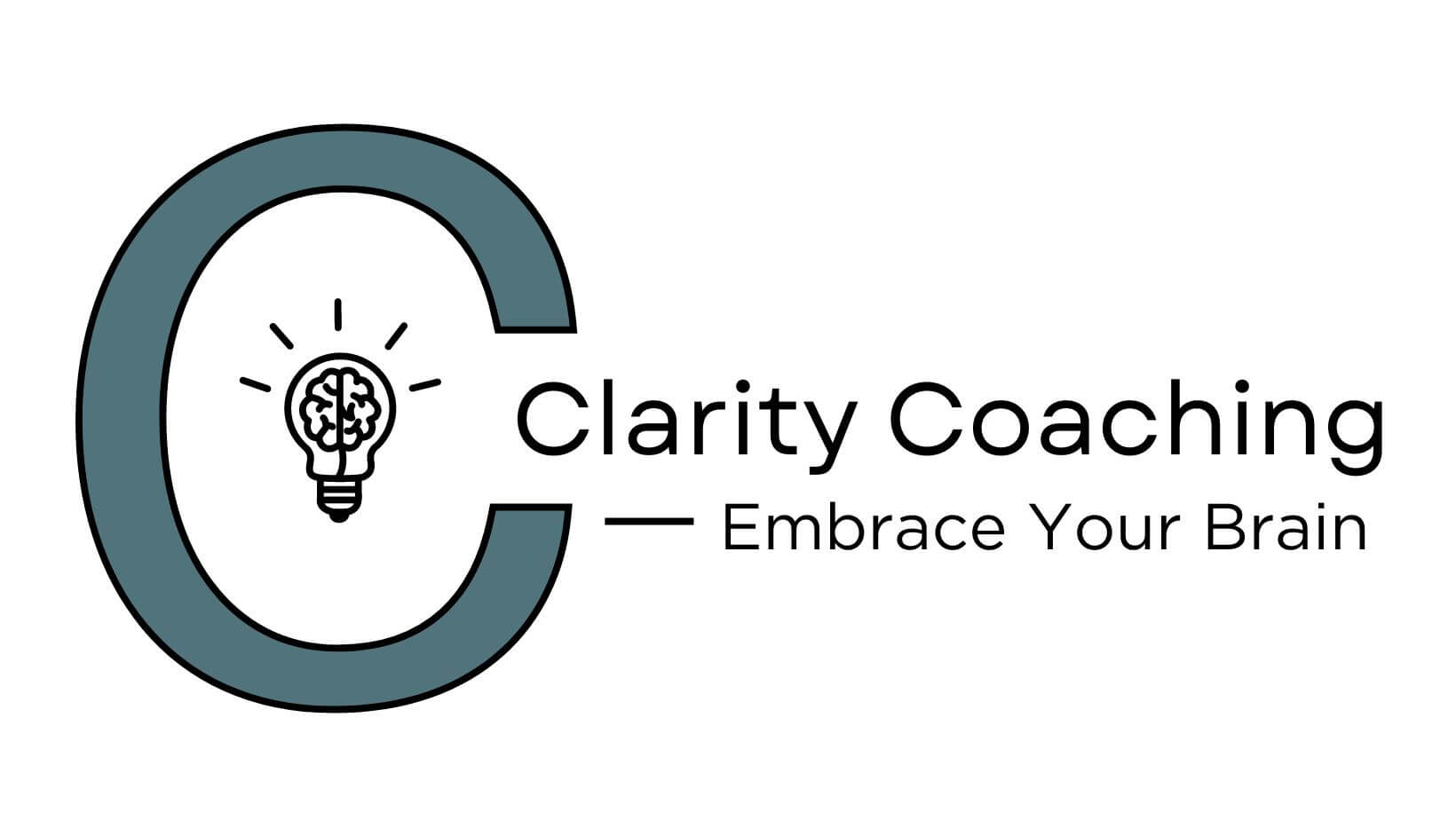Executive Functioning Skills Overview
Executive functioning (EF) skills are your "get it done" skills and they help you complete everyday tasks. These skills include planning, organization, time management, metacognition, working memory, self-control, attention, flexibility, and perseverance (descriptions of these below).
Not everyone who struggles with EF skills has ADHD, but everyone with ADHD will struggle with at least some of these skills.
Please remember, these skills are independent of intelligence. You can have superior intelligence and at the same time be significantly impacted by weak EF skills. Another thing to remember is that many of these skills can be strengthened and or compensated for; that's some of the work we can do together!
Planning
Developing a well-thought-out strategy before starting a task:
- What do we need before beginning?
- What steps to help accomplish our goal effectively?
- How will we best use our time?
Organization
System/method of keeping track of things:
- Is there a place for everything?
- What's the plan to keep materials orderly and accessible?
- Can I find what I need when I need it?
Task initiation
Being able to get started/ take action :
- Not procrastinating, even when it is a less-desired task
- Being able to count on ourselves
Time management
Organizing and using time efficiently to complete tasks:
- Can I estimate how long tasks will take?
- Choose the most important thing (prioritize tasks)
- Use time well?
- Keep up with deadlines?
Attention
Ability to focus on a person or task for a period of time, ignore distractors, and refocus when needed:
- Do I hear and understand instructions?
- Focus well during conversations?
- Concentrate on longer tasks?
Metacognition
The ability to think about your thinking:
- Considering what we know (and what we don’t know) about a topic as we learn. This can be a critical skill when studying for assessments, completing challenging assignments, and even just comprehending new learning material.
Working memory
Keeping information in our heads while we use it (our shortest term memory):
- Solve math problems and juggle numbers in our head.
- Remembering critical details in a story
- Thinking back to what the directions given in class were.
- Remembering the previous step when making box brownies
- Holding something in our minds long enough to put in a calendar or on a list
Self-control
Stopping, thinking, and making intentional choices with the future in mind:
- Being able to “hit the pause button,”
- Calm down when emotions run high,
- Think through a situation,
- Make a good choice for now and the future.
- Includes self control in the moment (not interrupting) and longer term (choosing to go to bed in order to feel better in the morning)
Perseverance
Staying with a task while working through challenges/ difficulties:
- Being able to try new strategies
- Continue working when a task is difficult
- Knowing how to ask for help, when needed.
Flexibility
Adapting to change, unexpected circumstances, and entertaining different perspectives
- Being open-minded
- Testing out new approaches
- Going with the flow when things do not go as planned
- See a situation in more than one way
- Problem-solving and perspective-taking.

